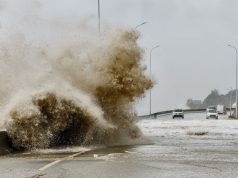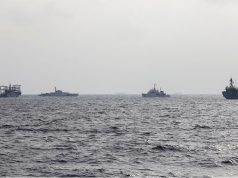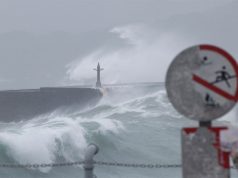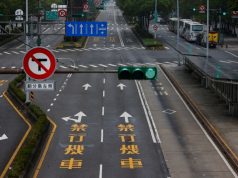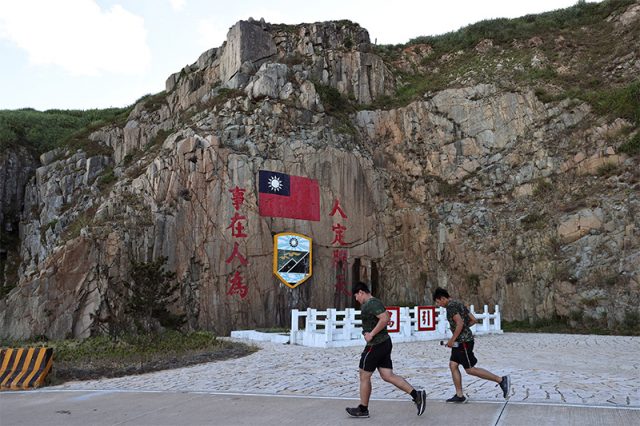
TOKYO — Japan has appointed a serving government official to act as its de facto defense attache in Taiwan, four sources said, elevating security ties in a move likely to anger China, which claims the strategic, democratic island as its own.
Japan does not have any formal diplomatic representation in Taiwan, and instead handles bilateral relations through the Japan-Taiwan Exchange Association in Taipei, which is chiefly staffed by reassigned foreign and trade ministry officials. The defense attache role, however, has until now been held by a retired Japan Self Defence Force officer to avoid antagonizing China.
He has been joined by an official dispatched by the defense ministry to enhance information gathering and communicate with Taiwan’s military, said the sources, who asked not to be identified because of the sensitivity of the issue.
It is also “symbolic” of Japan’s support for Taiwan, said one of the people who knew about the appointment. “Taiwan had been asking for an active duty defense official to fill the post,” he added.
Highlighting Tokyo’s nervousness about Beijing’s reaction, the move was halted last year after a Japanese media report about the plan, the sources said.
Japan’s defense ministry said that it would only pursue “non-governmental” ties to Taiwan, a Japanese colony from 1895-1945, that were within the bounds of a 1972 joint statement that recognized Beijing as the sole legitimate government of China.
Taiwan’s Ministry of Foreign Affairs declined to comment when asked about the new defense attache but said it “will continue to deepen cooperation with similar-minded partners such as Japan”.
China’s foreign ministry did not immediately respond to a request for comment.
Concern
Beijing’s expanding military presence around the island, which is only 100 km (62 miles) from Japanese territory, has unsettled Tokyo. It worries about becoming embroiled in any conflict that could also threaten nearby sea lanes that supply Japan with most of its oil.
On Monday, Taiwan said a Chinese naval formation led by the aircraft carrier Shandong passed 60 nautical miles from its coast on its way to the western Pacific.
Concern about such maneuvers is spurring calls for Japan to forge security links with Taiwan, including direct military-to-military contact that could help Japan plan for a contingency.
Yet Beijing could see any upgrade of ties as an attempt to interfere in its internal affairs.
In August last year, China responded to a visit to Taiwan by then-U.S. House of Representatives Speaker Nancy Pelosi with military exercises that included missile strikes in waters close to Japanese islands.
Four months later, Japanese Prime Minister Fumio Kishida’s administration unveiled Japan’s biggest military buildup since World War Two, with a doubling of defense spending over five years to pay for longer-range strike missiles, the development of an advanced fighter jet, and stockpiles of munitions and spare parts that it would need in a sustained conflict.
In an accompanying national security assessment, his government said peace in the Taiwan Strait was essential for international stability.
China has criticized Japan, the U.S. and other Western nations for adopting what it calls a Cold War mentality.
So far, no senior Japanese government official has visited Taiwan, but several lawmakers have gone there in recent months in a broadening of unofficial travel meant to show support for the island.
That lawmaker diplomacy included a visit by Aso Taro, a former prime minister and vice president of the ruling Liberal Democratic Party, last month when he met Taiwan President Tsai Ing-wen.
At a forum there, Aso said Japan needed to show “resolve to fight” for Taiwan. Beijing said the remark was harmful to “the political foundation of China-Japan relations”.
– Reporting by Kaori Kaneko, Yukiko Toyoda, Tim Kelly and Sakura Murakami, additional reporting by Nobuhiro Kubo and Ben Blanchard, editing by Nick Macfie




